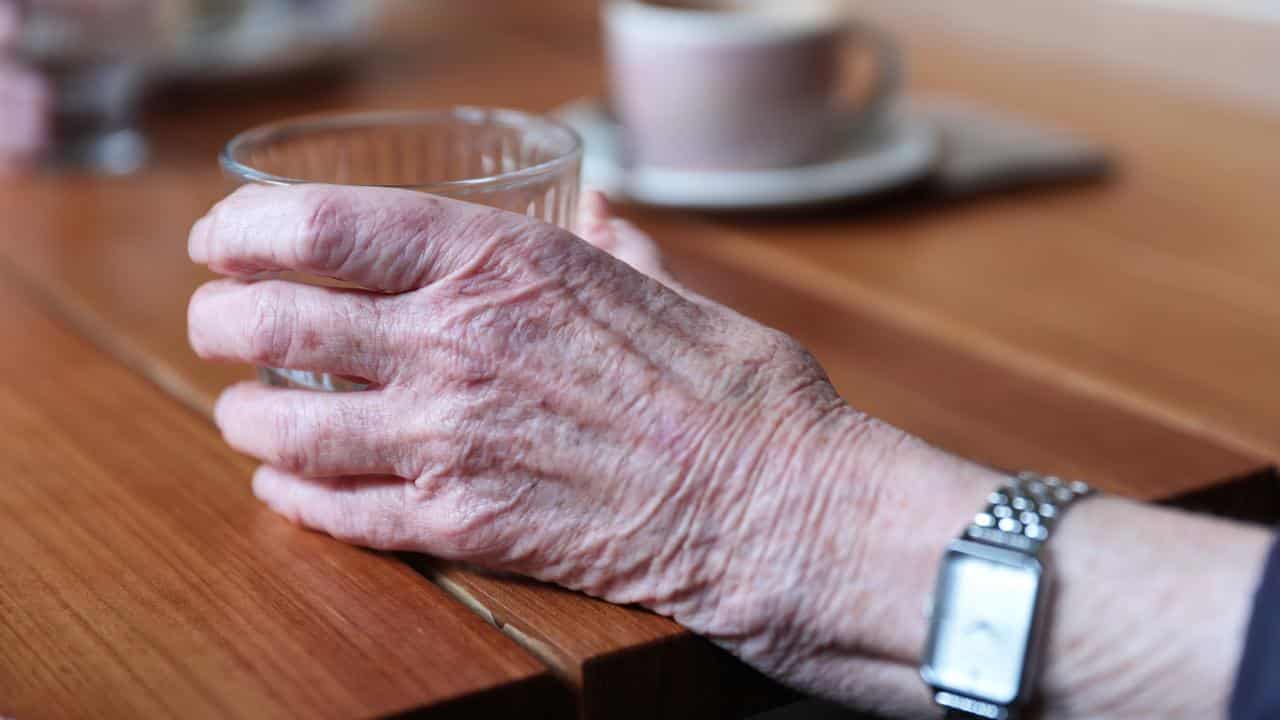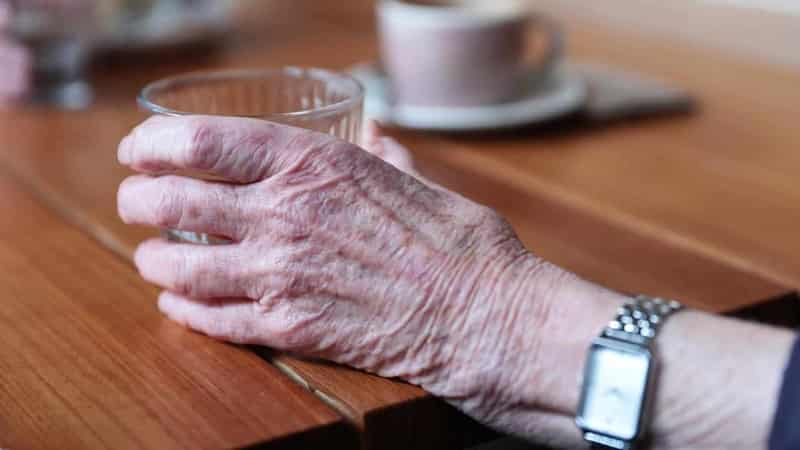
The ACT has become the latest jurisdiction to introduce voluntary assisted dying legislation, after the federal parliament gave it the power to do so.
The laws will be accessible to people over 18 who have an advanced and progressive condition expected to cause death, are intolerably suffering and have lived in the ACT for a year, or can prove they have a connection to the territory.
The person will also need to be acting voluntarily and have decision-making capability throughout the whole process.
The multi-step process includes an assessment by two independent, qualified and authorised health professionals who can in no way benefit from the person's death.
Health professionals must discuss palliative care and treatment options with the patient.
Nurse practitioners will be allowed to play a greater role in the process than in other jurisdictions due to the territory's limited health resources and small health workforce.
There will be minimum standards put in place for individuals and organisations that conscientiously object to, or cannot assist with voluntary assisted dying. This includes not stopping access.
They must also provide written contact details for a care navigator service within two days to ensure people in faith-based residential facilities are not denied access.
The facility must also allow access by a relevant person who can help with voluntary assisted dying or provide a transfer to a facility where the treatment can be accessed if it is reasonable and doesn't cause harm to the person.
Criminal offences will also be put in place to stop the unauthorised administration of the treatment as well as preventing people inducing a person to revoke a request or inducing a person to take the substance themselves.
The offences will be in addition to murder, manslaughter and aiding suicide laws.
The legislation, introduced to the ACT Legislative Assembly on Tuesday, will head to a committee before being debated.
The laws will take effect 18 months after passing and a review will be undertaken three years later.
The ACT government, which commands a majority of the territory's unicameral assembly with a Labor-Greens coalition, is hoping to have the bill passed in the first half of next year.
The choice will promote autonomy and dignity for people suffering despite the best available palliative care options, ACT Human Rights Minister Tara Cheyne said.
“I acknowledge there are individuals who are currently suffering and may wish to access voluntary assisted dying," she said while introducing the laws.
"I want to assure you and your families, friends and carers that we are working as quickly as possible to provide a safe and accessible process for this additional end-of-life choice."
The ACT and Northern Territory were prohibited from legislating on euthanasia for decades due to a federal law, which was repealed last year.









